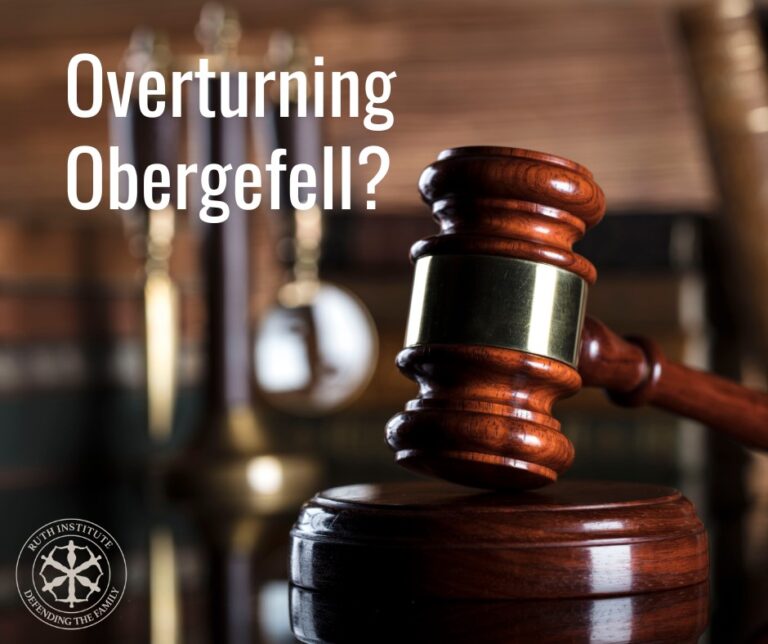by Heather B. (Maryland)
My Experiences with Parental Alienation Syndrome
I still remember standing at the top of a sloping gravel driveway. My sister stood beside me; I was uncertain of the words we were trained to speak. As
the black pick-up truck made its final ascent to our front door, I look at my sister. I look at my mother who is wearing an expression on her face,
which I now identify as smug. Her eyes prod me and I fear not having the courage to say what I know in my heart is wrong, because the emotions I am
feeling are hurt and fear.
As my father pulls his truck to a stop and peers out the window at us, my sister and I say simultaneously, “We don’t want to see you!” My father glares
at my mother. He speaks no words. He stares at us. Does he see the fear in our eyes? What is he thinking? Tears well up in his eyes. He backs down
the drive-way. I watch until his truck is gone and then I listen until I can hear his engine no more. I cry. I am seven-years-old.
It is May 2011, the month of Mother’s Day. It is the last time I will see my daughters for a while for they are moving with their father to another state—I
sent them to him, because he has more money than I do; he can give them a better life. My ex-husband assures me that our pick-up spot is the same time
and same place. It is the day of our rendezvous. I call. My ex-husband tells me that my daughters—who are age 7 and 9—do not want to see
me. I am speechless with disbelieve. Our mother-daughter relationship is stable. Our visits have been joyful. I find my voice. I don’t believe you.
It is your duty as their father to be supportive. How can you allow our children to decide our visitation arrangement? Oh, I see, you talked to your
mother and she approved this message. I’m angry. I want to talk to my daughters. Their small voices carry across the air waves to my ear. Their voices
communicate fear. I try to keep the steel from my voice. Pack your bags. I am coming to get you. It’s our last weekend together. And then I hear the
words just as my sister and I said them so many years before, “We don’t want to see you!” The pain rises with the tears. I force my voice to remain
calm. I now know what I have done. I will do no more damage. It’s okay. Mom loves you. Good bye.
I would not talk to my daughters for four months. I decided to stay out of their lives until they were old enough to make the decision to be in my life,
until he could not use them as a weapon and damage them further. I don’t know if it was the right decision, but I was poor—as I am now—and
I could afford no one to advocate my right in this joint custody arrangement. I had to trust that time would heal the wound. I didn’t know what my
ex-husband and his wife said about me during that time of silence. I didn’t know if my daughters would ever want me in their lives again.
The Devastating Effects of Feuding Parents
At the time of this incident, I was studying Parental Alienation Syndrome in a graduate course. I had never heard the term. It was fascinating and terrifying
to see the dynamics of my estranged relationships in the text I read. I believe this new knowledge kept me from destroying my relationship with my
children. I believe it allowed me to do my part in maintaining their innocence even though there is inevitably a loss of innocence when facing the
reality that:
1. Your life will never be the same and…
2. Safety is not guaranteed or given, but a quality to be sought
That is what divorce teaches children. I want you to know that poor parenting hurts children and causes so many mental health issues. Poor parenting is
the reason our society has distorted moral values. Please heed what I am telling you. Examine your parenting methods. Research proper parenting techniques.
Find your weaknesses. Don’t deny that you have them. Do it for your children. Put your children before yourself…before they grow into a distorted
version of who they were meant to be.
To read my chapter on Parental Alienation Syndrome, visit: analyticalperspective.wordpress.com



